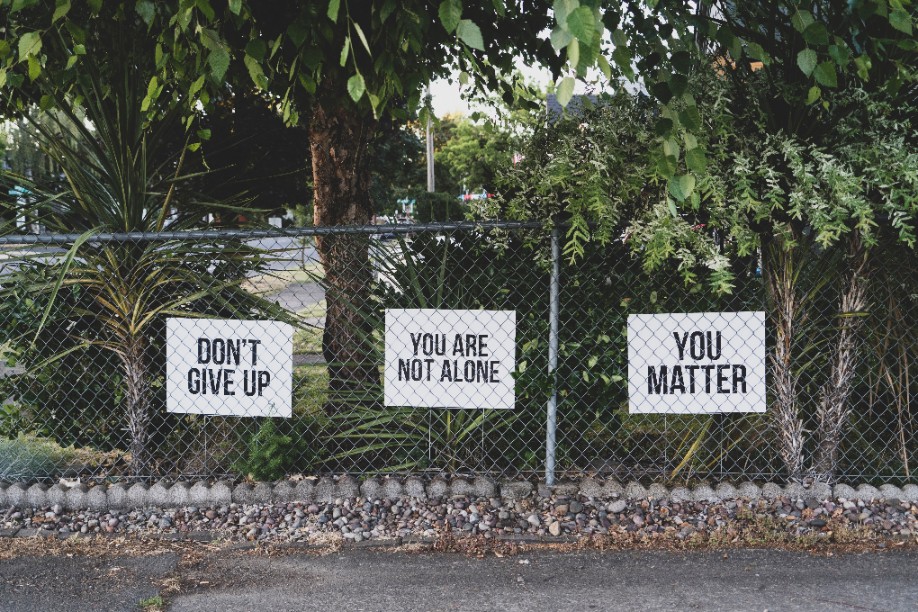It's especially difficult to address depression when you're brought up in Indian society. Time to challenge some common misconceptions.
Book A Free ConsultPosted on June 10, 2021 ·

At Veera, we are dedicated towards reversing PCOS for life with our science-backed program that is accessible and affordable to all.
Get started to see the difference for yourself.

